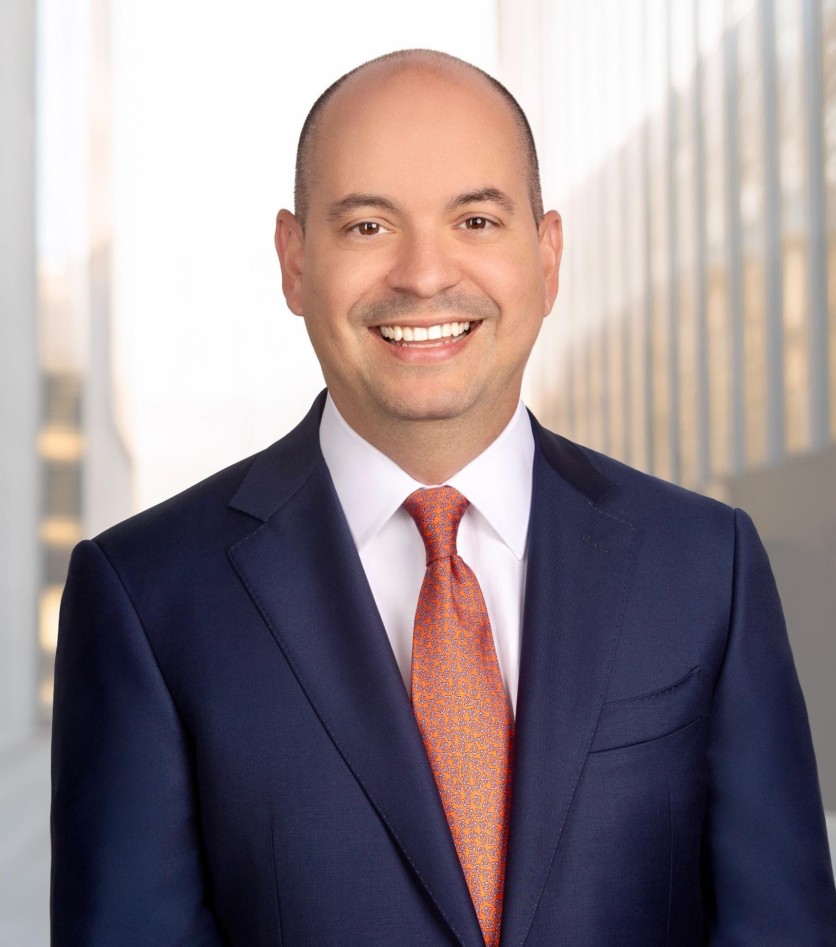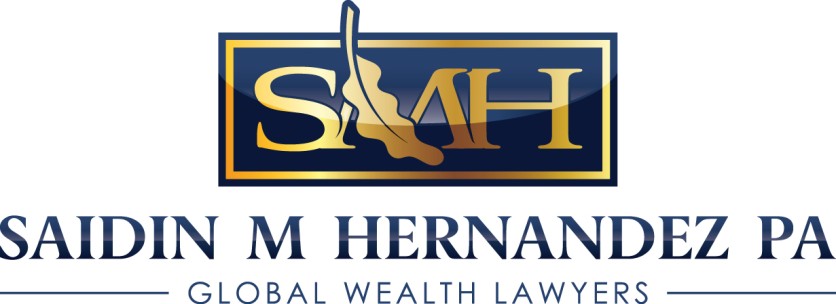
Artificial intelligence (AI) is transforming how legal teams approach succession and estate planning. It streamlines research, automates document review, and enables more predictable fee structures. At the same time, it raises important questions about privacy, data governance, and the boundary between machine output and professional judgment. By increasing the volume and granularity of discoverable information, AI has tangible consequences for families planning across generations.
In this changing landscape, Saidin M. Hernandez, founder of the boutique firm Saidin M. Hernandez PA, stands out as both a practitioner and a thought leader. Advising families and family offices relocating assets and relatives to the United States from Latin America, Europe, the Middle East, and Asia, he combines technical fluency with deep tax expertise. At his firm, Hernandez is piloting AI-enhanced workflows to improve operational predictability while ensuring senior counsel remains central whenever confidentiality or professional judgment is critical.
Hernandez's career path is interdisciplinary. He began with technical training, then pursued law and completed an advanced tax degree. He has served in both government and private practice and has taught as an adjunct law professor. Admitted to multiple courts and with nearly two decades of experience with cross-border families, he blends systems thinking with regulatory depth. This combination allows him to translate complex tax and trust issues into practical, defensible succession plans.
The profile of his clients highlights why these issues matter. Many are high-net-worth families and entrepreneurs relocating assets or family members to the United States. For these households, privacy is not abstract; it protects against reputational harm, targeted crime, and internal discord. Automatic information exchanges between jurisdictions, coupled with accelerated analytics, make careful legal planning and secure execution even more critical.
Hernandez is candid about where the risks lie. Entities are investing in automated scanning and analytics to parse cross-border reporting systems, and AI accelerates the detection of patterns or anomalies in large datasets. This strengthens regulatory enforcement and adviser compliance, but also increases exposure for families who rely on discretion. "Protecting confidentiality is a first-order obligation for families preserving a legacy; technology should help, not erode, that duty," he says.
On the benefits side, AI delivers clear operational gains. Machine-enabled legal research, initial document review, and document assembly compress routine work, allowing a shift from open-ended hourly billing to fixed-fee and project-based pricing. Hernandez's practice has restructured many engagements around predictable scopes, using automation to calibrate effort so clients pay for outcomes rather than time. "Predictability transforms the client relationship, and it frees lawyers to focus on judgment rather than paperwork," he says.
To ensure responsible deployment, Saidin M. Hernandez PA pairs automation with strict controls. Vendor assessments, data-minimization practices, secure test environments, and staff training on ethical AI use all reduce risk. Access logs and redaction protocols limit unnecessary exposure, and any AI-derived output affecting client strategy undergoes human review and senior counsel sign-off. These procedures reflect the firm's view that technology is a tool, not a substitute for counsel. Machine-generated suggestions require contextual human filtering before implementation.

Hernandez stresses that efficiency is necessary but not sufficient. As AI becomes widespread, faster turnaround and lower cost will be baseline expectations. The lasting differentiators will be cultural fluency, strategic thinking, and continuity of counsel. "Fast service is common," says Hernandez. "Thoughtful judgment, context, and trust are rare. The families I advise value this more than speed. They want stewardship that lasts across generations."
Practical steps follow naturally. Hernandez's team designs ownership and reporting structures that limit unnecessary public disclosure while remaining compliant, coordinates closely with overseas advisors so U.S. solutions work within foreign legal systems, and adopts encrypted workflows when analytical tools are used. Equally important is relationship management. Succession planning must balance tax efficiency with family values, governance norms, and intergenerational dynamics, requiring senior involvement from start to finish.
Hernandez's approach is straightforward. "Use automation where it improves speed, cost, or clarity. Pair tools with strict privacy protocols, human oversight, and vendor diligence. Lastly, invest in cultural competence so legal strategies respect traditions and regional norms," he remarks. In this way, firms can deliver the benefits of modern technology without giving up control over decisions that will affect future generations.
ⓒ 2025 TECHTIMES.com All rights reserved. Do not reproduce without permission.




